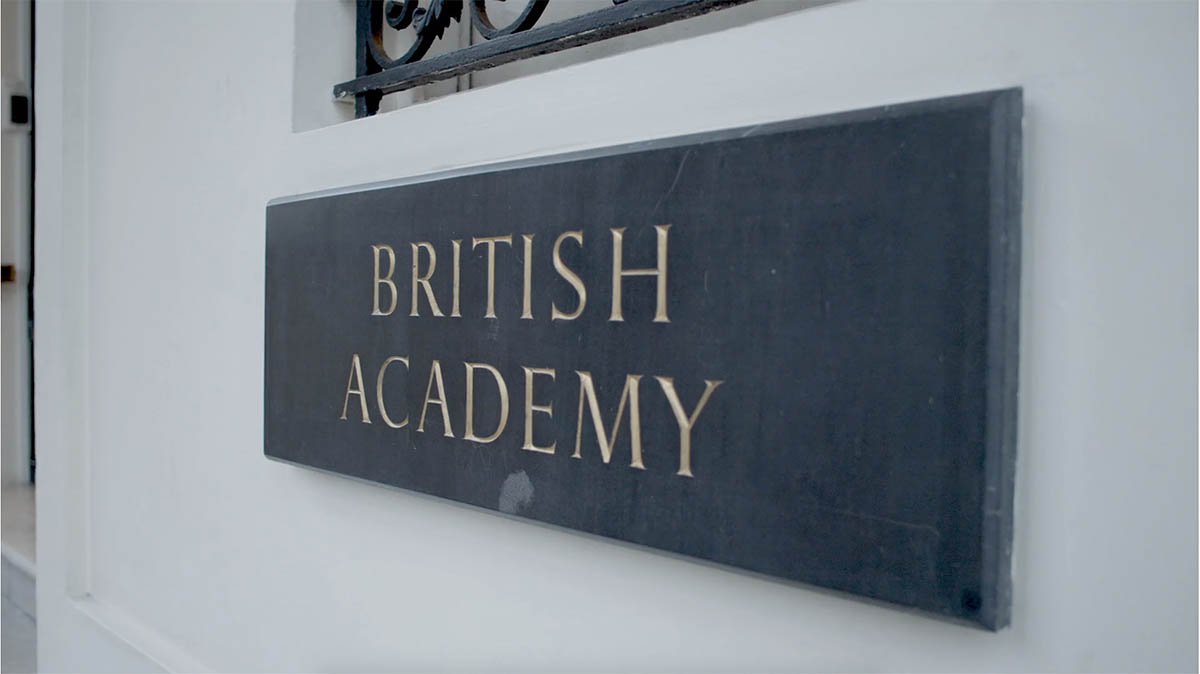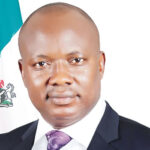
Professor Olutayo Adesina from the University of Ibadan and Professor Abubakar Sani, formerly of Ahmadu Bello University, were among just eight scholars worldwide chosen for this prestigious award.
The Global Professorships are large investigator-led grants aimed at attracting internationally recognised scholars to the United Kingdom to undertake cutting-edge research projects across a diverse range of relevant disciplines. Each four-year award provides funding of £900,000 to the selected professors.
Professor Adesina, who also serves as President of the Society of Nigerian Archivists, will focus his research on “the interplay of nationalist historiography, academic social science, and vernacular knowledge as mutually constitutive social epistemologies.”
He will investigate to what extent the work of academic historians and social scientists at the University of Ibadan was shaped by indigenous, vernacular epistemologies.
Professor Adesina, in an article posted on the official website of the British Academy on Thursday, said, “In the 1950s, the University College Ibadan (UCI) became the epicentre of a historiographical revolution that directly shaped the evolution and growth of the Nigerian nation-state, a movement that became an early instance of the decolonisation of knowledge.
“How did the academic, social, intellectual, and political beacon at UCI address the concerns and realities of ordinary people? To what extent was the work of academic historians and social scientists at UCI shaped by indigenous, vernacular epistemologies?
“The city of Ibadan had its own, rich and distinctive, cultural and intellectual identity. This project studies for the first time the interplay of nationalist historiography, academic social science, and vernacular knowledge as mutually constitutive social epistemologies.
“The project combines a close study of key works in history and related disciplines such as sociology, anthropology, ethnomusicology, language and literature with extensive interviews and fieldwork in the city of Ibadan, Southwest Nigeria,” he added.
Meanwhile, Professor Sani, Deputy Director at ABU Zaria’s Institute for Development Research and Training, aims to combine archaeology, museum practice, and stakeholder engagement in a project examining large under-researched collections from key Nigerian sites.
“My vision for this Global Professorship is an innovative programme of research that will invigorate academic collaborations between the UK and Nigeria/West Africa and become a model for future engagement based on trust, co-production of knowledge and intellectual integrity. I aim to achieve this by combining archaeology, museum practice and stakeholder engagement to study large and under-researched collections from key Nigerian sites, drawing on archaeological, ethnographic and archival data held in British and Nigerian museums.
“This research will bring new understandings of African history, and UK/Nigerian research histories, through academic outputs, online resources, exhibitions and outreach in the UK and Nigeria. Building on my experience as a field archaeologist, educator and collections researcher, and deploying extensive networks, the project will have a transformative impact on my research and that of the University of East Anglia, while helping remedy current post-colonial issues concerning the role and value of museum collections,” Professor Sani stated.
The other esteemed scholars selected for the 2023-24 Global Professorships are Tetyana Antsupova, Paul Behrens, Sandrine Berges, Karine Chemla, Saloumeh Gholami and Ayelet Landau. Their research will span topics from food system models to combat climate change to exploring West African communities through museum collections.
The British Academy, founded in 1902, is the United Kingdom’s leading body for the humanities and social sciences. Its Global Professorships aim to strengthen international engagement and research collaboration between the UK and researchers across the globe.





